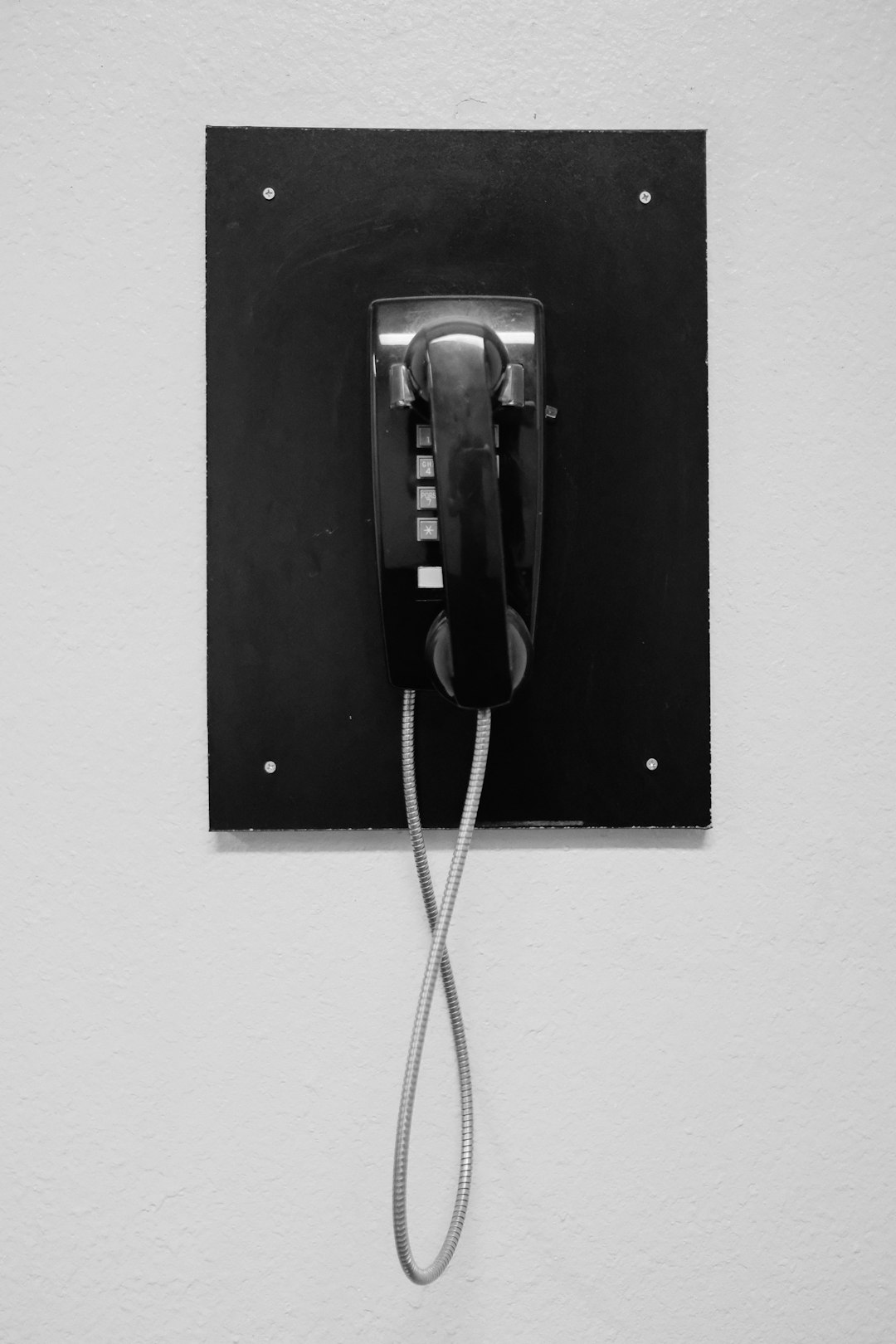In Kansas, especially Topeka, autodialer attorneys are vital for navigating telecommunications laws surrounding automated dialing systems. They guide clients on do-not-call lists, automated messages, and consumer privacy, ensuring FCC and state regulations compliance. These specialists help develop best practices while balancing communication effectiveness and respect for consumer rights. When hiring, focus on professionals with specialized knowledge in the Telephone Consumer Protection Act (TCPA) and a proven track record in handling unauthorized calls and prerecorded messages cases. They should also be adept at leveraging emerging telecommunications trends to provide relevant, up-to-date legal advice, enhancing communication, efficiency, and ultimately client outcomes.
In Topeka, as across Kansas, the role of an autodialer attorney is pivotal for navigating complex legal landscapes. This article explores what sets apart a good autodialer lawyer in Topeka, focusing on key qualifications, expertise, and the profound impact their skills have on case outcomes. With a deep dive into the unique needs of clients facing technology-driven legal challenges, we uncover the essential attributes that define top-tier autodialer attorneys in Kansas.
Understanding the Role of an Autodialer Lawyer in Topeka

In the legal landscape of Kansas, particularly in Topeka, an Autodialer Lawyer plays a pivotal role in navigating complex telecommunications laws and regulations. These attorneys specialize in representing clients involved in cases related to automated dialing systems, ensuring compliance with state and federal guidelines. With the widespread use of autodialers in marketing and communication strategies, it’s essential to have legal counsel who understands the intricacies of this technology.
Autodialer attorneys in Kansas help businesses and individuals protect their rights by providing strategic guidance on issues such as do-not-call lists, automated messages, and consumer privacy. They interpret and enforce regulations set forth by the Federal Communications Commission (FCC) and state agencies, ensuring that autodialing practices adhere to legal boundaries. Moreover, they assist clients in developing best practices for using autodialers, fostering a balance between effective communication and respect for consumer rights.
Key Qualifications and Expertise for Effective Representation

When seeking an autodialer lawyer in Topeka, it’s paramount to prioritize individuals with specific qualifications and expertise. Look for attorneys well-versed in telecommunications law, with a deep understanding of the legal framework surrounding autodialers and automated calling systems. This includes knowledge of regulations like the Telephone Consumer Protection Act (TCPA) which governs telemarketing practices.
Effective representation requires counsel who can navigate complex legal issues, craft persuasive arguments, and advocate for their clients’ rights in court or during negotiations. Experience in handling cases related to autodialer misuse, such as unauthorized calls or prerecorded messages without consent, is invaluable. Expertise in technology also helps; the best attorneys stay abreast of emerging trends and innovations in telecommunications to provide up-to-date, relevant legal advice to their clients.
The Impact of a Skilled Autodialer Attorney on Case Outcomes in Kansas

A skilled autodialer attorney in Topeka can significantly impact case outcomes for their clients. In Kansas, where legal battles can be complex and intricate, having an expert who understands and leverages modern technology like autodialers is invaluable. These attorneys employ strategic communication techniques to enhance client representation.
Autodialer attorneys in Kansas utilize this technology to automate repetitive tasks, such as making numerous phone calls or sending personalized text messages at scale. This not only saves time but also ensures consistent and accurate client communication. As a result, legal teams can focus more on building strong cases, negotiating settlements, and preparing for trials. Ultimately, the efficiency gains translate into better case management and increased chances of favorable outcomes.






